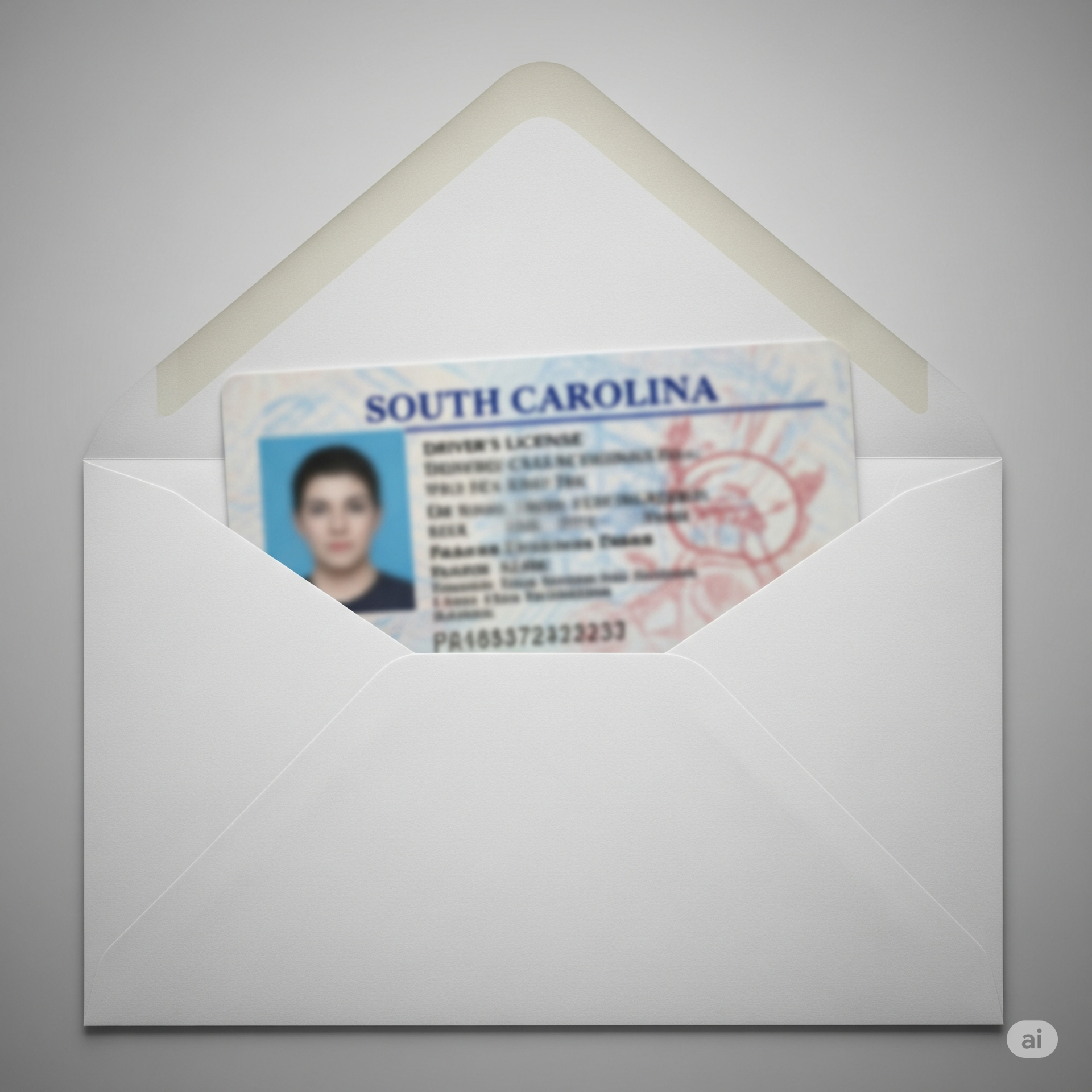By Doug Stockman
•
June 27, 2025
Driving Smarter: Understanding South Carolina's New Hands-Free Law As your trusted independent insurance agency, we're committed to keeping you informed about important changes that impact your driving and, by extension, your insurance. South Carolina is taking a significant step towards safer roads with the new South Carolina Hands-Free and Distracted Driving Act, which goes into effect on September 1, 2025. This law is a crucial update to our state's distracted driving regulations, and it's essential for all drivers to understand its implications. What Does the New Law Prohibit? Beginning September 1, 2025, the new law prohibits drivers from using mobile electronic devices in the following ways while operating a motor vehicle on public roads: Holding or supporting a mobile device with any part of their body. This means no more holding your phone to your ear, resting it on your lap, or wedging it against your shoulder. Reading, composing, or transmitting texts, emails, app interactions, or website information on a mobile device. Watching any motion, including videos, movies, games, or video calls, on a mobile electronic device. It's important to note that this law applies to a broad range of "mobile electronic devices," including cellphones, portable computers, GPS receivers, and electronic games. Are There Any Exceptions? Yes, there are some specific exceptions where you can still use your device: When you are lawfully parked or stopped. When initiating a voice-based communication that is automatically converted to text, as long as you are not holding or supporting the device. When reporting an accident, emergency, or safety hazard to a public safety official. For navigation, listening to audio-based content, or obtaining traffic/road condition information, provided the device is not held or supported by your body. To initiate or end a cellular call without typing, and without holding or supporting the device. When using equipment or services installed by the original manufacturer of the vehicle. Penalties for Violations To allow drivers time to adjust, law enforcement officers will only issue warnings for violations during the first 180 days after the law goes into effect (from September 1, 2025). After this warning period, the penalties will be: First offense: A fine of $100. Second or subsequent offense (within three years): A fine of $200 and two points assessed against your driver's license. It's important to remember that officers can stop you if they have a clear and unobstructed view of you unlawfully using a mobile electronic device. While you cannot be arrested solely for a hands-free violation (unless you fail to appear in court or pay a fine), accumulating points on your license can impact your driving record and potentially your insurance rates. Why This Matters for Your Insurance Distracted driving is a leading cause of accidents. This new hands-free law aims to reduce those accidents, making our roads safer for everyone. For you, as a driver, adhering to this law is not just about avoiding fines and points; it's about reducing your risk of being involved in a collision. Fewer accidents can lead to: Lower insurance premiums: A clean driving record with no distracted driving violations can help keep your car insurance rates down. Avoiding claims: Preventing accidents means you won't have to go through the hassle of filing an insurance claim, dealing with repairs, or managing potential injuries. Protecting your deductibles: Each claim typically involves paying a deductible, so avoiding accidents saves you money out-of-pocket. As your independent insurance agency, we work with multiple carriers to find you the best coverage at the most competitive rates. By driving responsibly and complying with the new hands-free law, you're not only contributing to safer communities but also actively helping to protect your insurance standing. If you have any questions about how this new law might affect your specific insurance policy or if you'd like to review your current coverage, please don't hesitate to contact us. We're here to help you navigate these changes and ensure you're well-protected on the road.




